In a year-long endeavor, Salisbury School students uncovered a local mental health story with historic and international implications and which they documented in a film that debuted at The Troutbeck Symposium in April.
Their work explored the overlooked history of the Lakeville School for Mental Health in a narrative that intertwines founder Dr. Henry Knight’s noble intentions with the dark path that it took under the stewardship of his son, George Knight.
Their research unraveled a compelling story, illuminating both the virtues and vices associated with the school. This complex chapter in history had far-reaching consequences, influencing laws and policies that persist to this day. By illuminating this untold story, seniors Robert Morrison, Ty Peirerra, Tim Huber, and freshmen Elijah Raykhman emphasized the importance of understanding the nuanced impact of social and political thought on marginalized populations, particularly those affected by mental health challenges.
The Troutbeck Symposium, a student-led historical educational forum, served as the stage for Salisbury School students to share their comprehensive research findings with their documentary.
This annual event brings together students from thirteen regional public and private schools, focusing on uncovering lesser-known histories of marginalized groups and communities.
Inspired by the Amenia Conferences, historic NAACP meetings that took place at Troutbeck in 1916 and 1933, the symposium aims to bring history full circle. This year it was a three-day, student-led conference at which many students from 14 public and independent middle and high schools in our area presented the results of their year-long projects.
The Salisbury School project, part of the history class Coloring Our Past, centered around the Lakeville School for Imbeciles. Founded in 1858 by Dr. Knight, the institution was initially established with benevolent religious intentions. Driven by the Great Awakening of religious benevolence, Dr. Knight sought to integrate children with mental illness or “imbecility” into society, providing them with education and acceptance. However, the trajectory of the school would take a dramatic and unfortunate turn under the leadership of his son, George Knight.
During their research journey, Salisbury School students collaborated with the current owners, Heidi and Paul Hoeller, to learn and analyze the historical layers. They further accessed the Yale Beinecke Library, which held a trove of knowledge and where George Knight had once studied.
The students also found that George Knight played a significant role in influencing the passage of the Connecticut Sterilization Law of 1909, which subsequently paved the way for compulsory sterilization legislation in many U.S. states. The U.S. Supreme Court’s landmark ruling in Buck vs. Bell in 1927 further reinforced the eugenics movement, leading to thousands of involuntary sterilizations in the country.
“Prior to this class and my research, I was unaware of the history that lies within every small town and area. I came to the realization that major historical events all start and originate from somewhere,” Morrison, one of the student researchers said.
“This project has made me aware of this concept and has also proven to me that much of history still impacts us today.”
Their findings opened the students’ eyes to the profound influence of social and political thought on legislation and laws. They recognized that contemporary laws, such as conservatorship laws, still employ eerily similar language to that used by George Knight. The well-known case of pop icon Britney Spears, and the ensuing “Free Britney” movement championed by the American Civil Liberties Union (ACLU), serve as stark examples of the potential impact of mental health laws on individual lives.
Reflecting on their journey, Raykhman said, “This project opened my eyes to the truth that every place, no matter how ordinary it may seem, may carry their own extraordinary stories.
“History is not just textbooks and classrooms; it is much closer than we think.”
The Salisbury School students’ exploration of mental health history highlighted the profound influence of social and political thought on legislation and laws. Their findings revealed the good and bad: both the benevolence of its founder, Dr. Henry Knight, and the dark turn it took under the leadership of George Knight. Student work like this serves as a testament to the importance of local project-based learning in unearthing nuanced stories that better frame today’s issues.
Documentary link / YouTube video: youtube.com/watch?v=JD87d9IVns8
Elijah Raykhman and Robert Morrison are students at Salisbury School. Isabelle Clark Foster is a licensed independent clinical social worker.


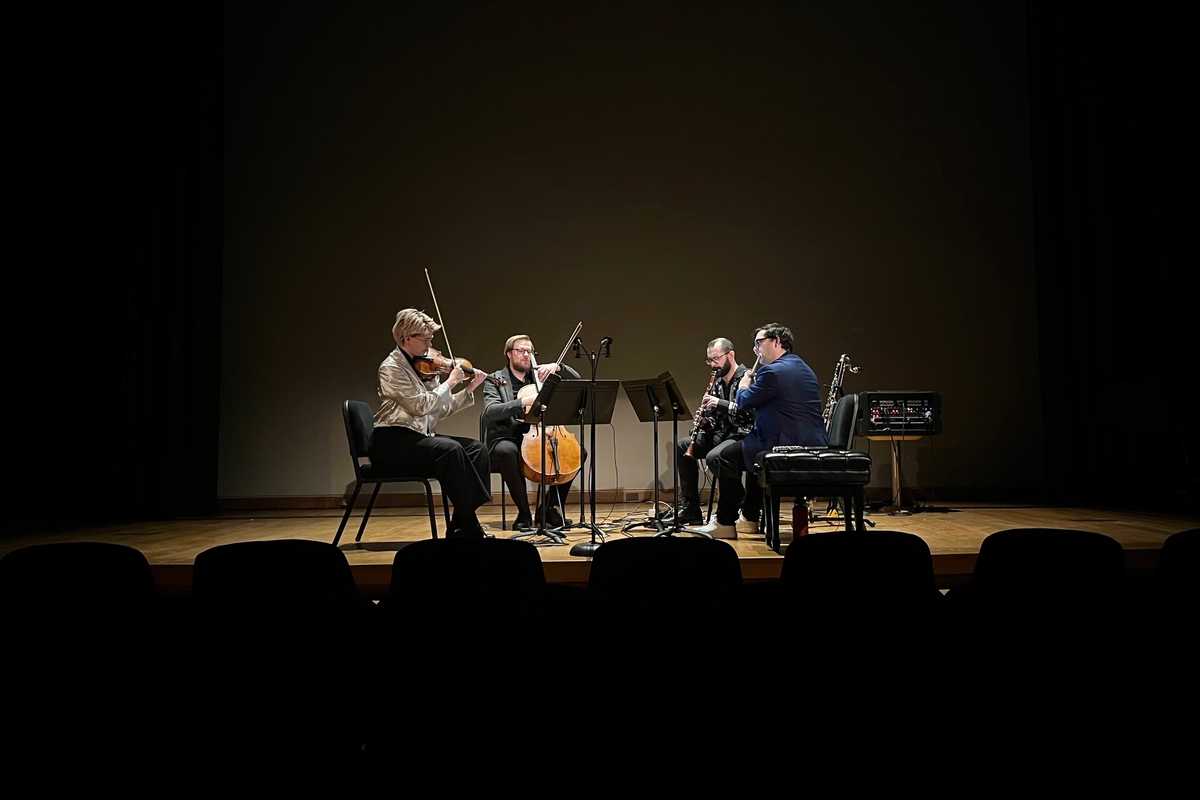
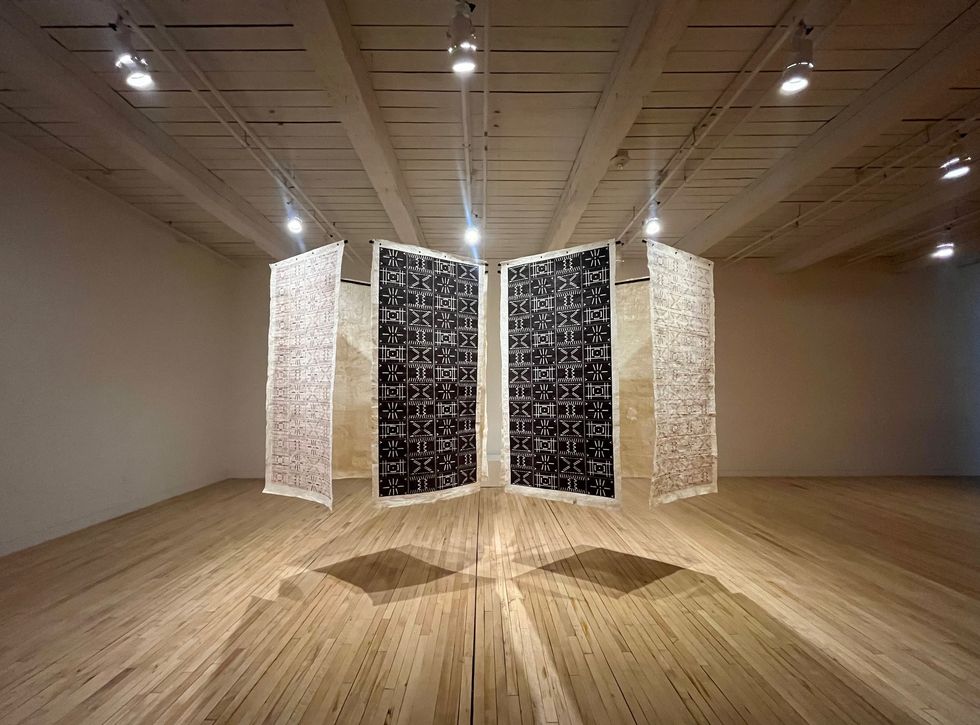 Pelenakeke Brown’s “Reverb” (detail) at Mass MoCA. D.H. Callahan
Pelenakeke Brown’s “Reverb” (detail) at Mass MoCA. D.H. Callahan


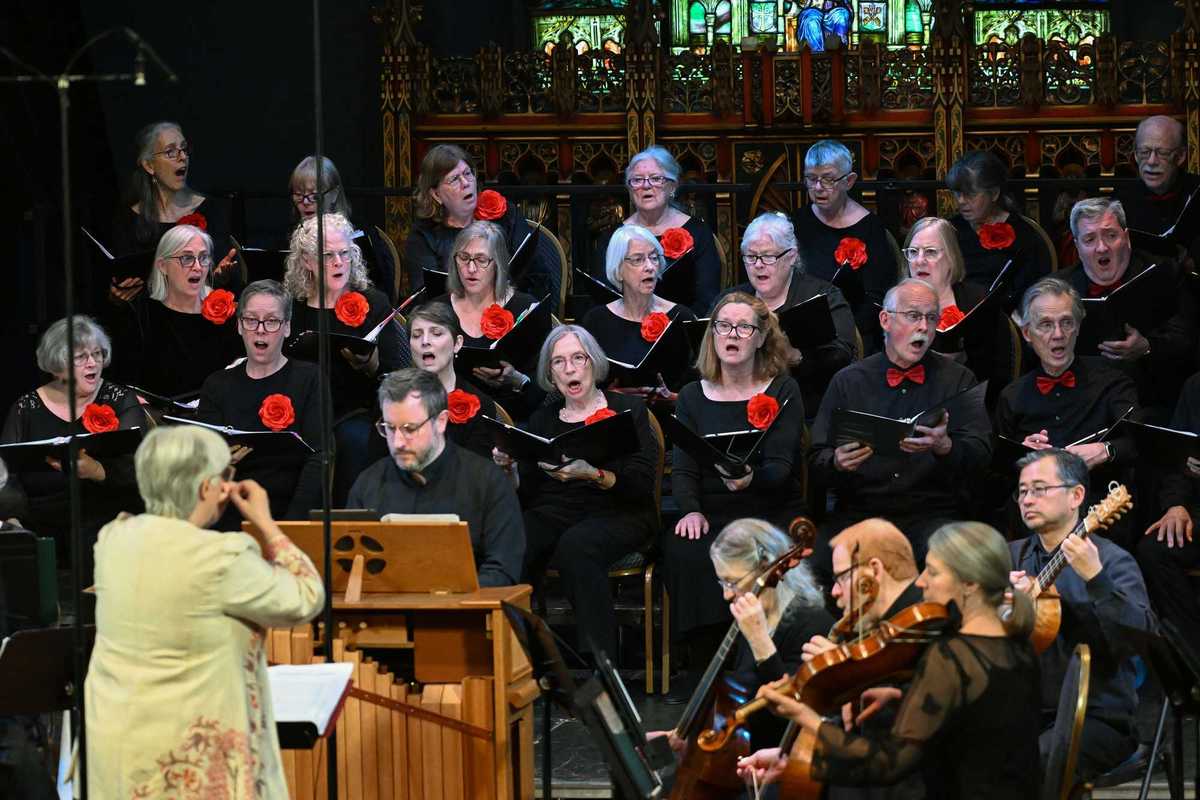
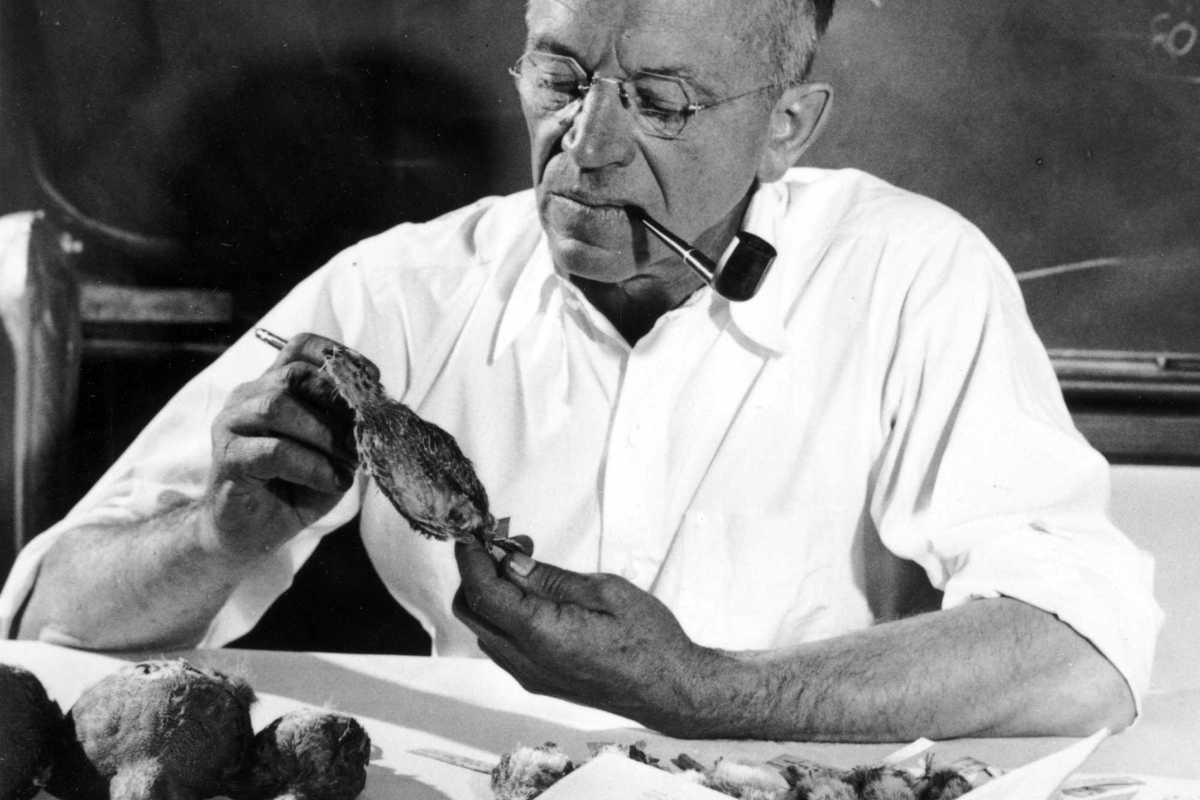
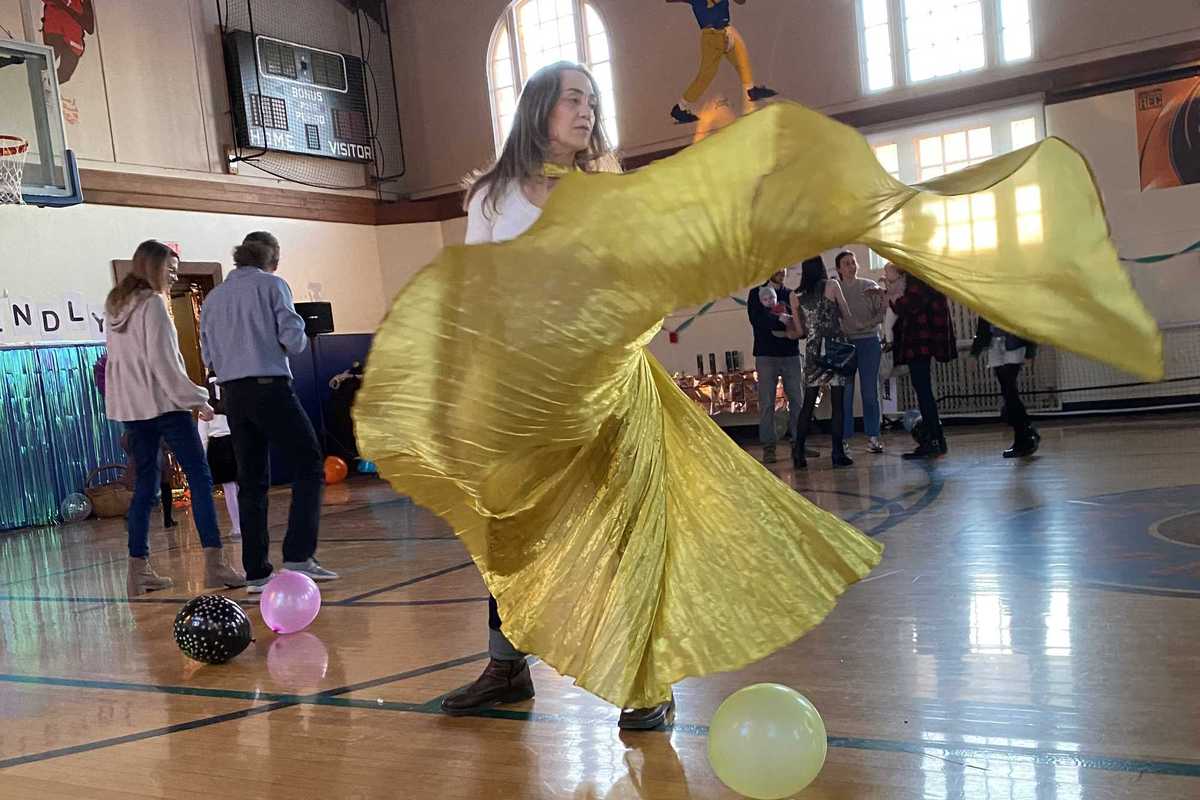
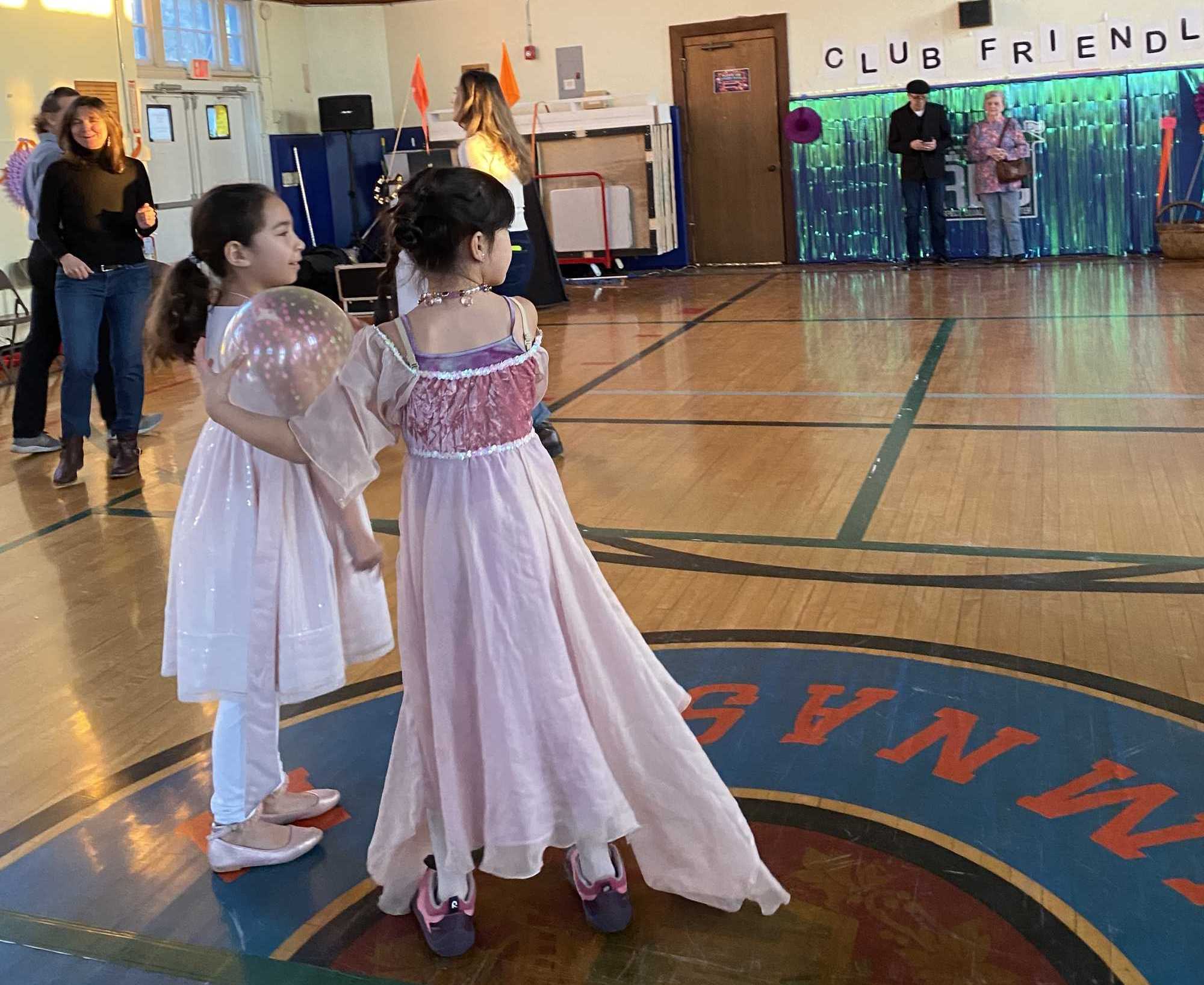 Young dancers surveyed the scene at Club Friendly, a community dance at Village Hall on Friday, Feb. 27.Leila Hawken
Young dancers surveyed the scene at Club Friendly, a community dance at Village Hall on Friday, Feb. 27.Leila Hawken


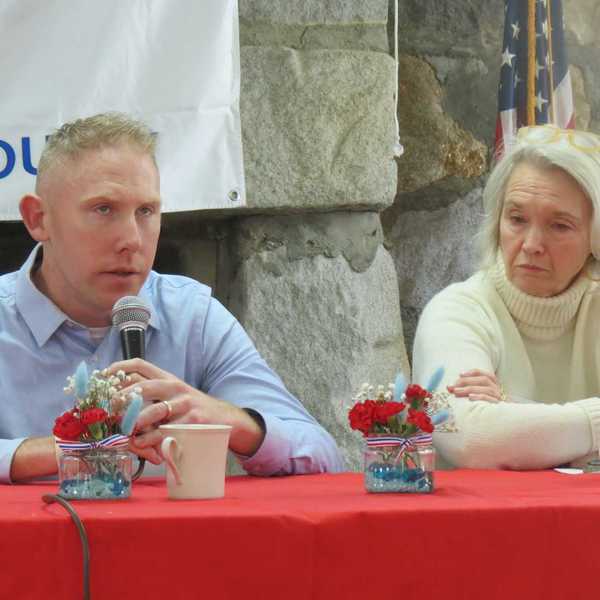
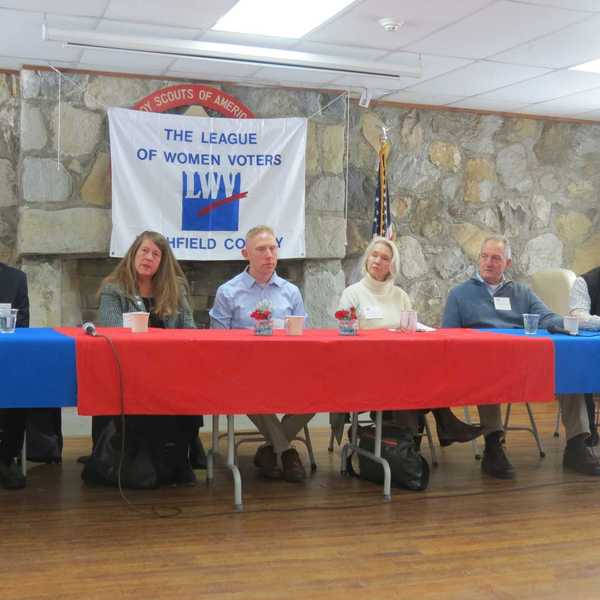

Hidden Narratives: Salisbury students’ exploration reveals a history of mental-health advocacy efforts